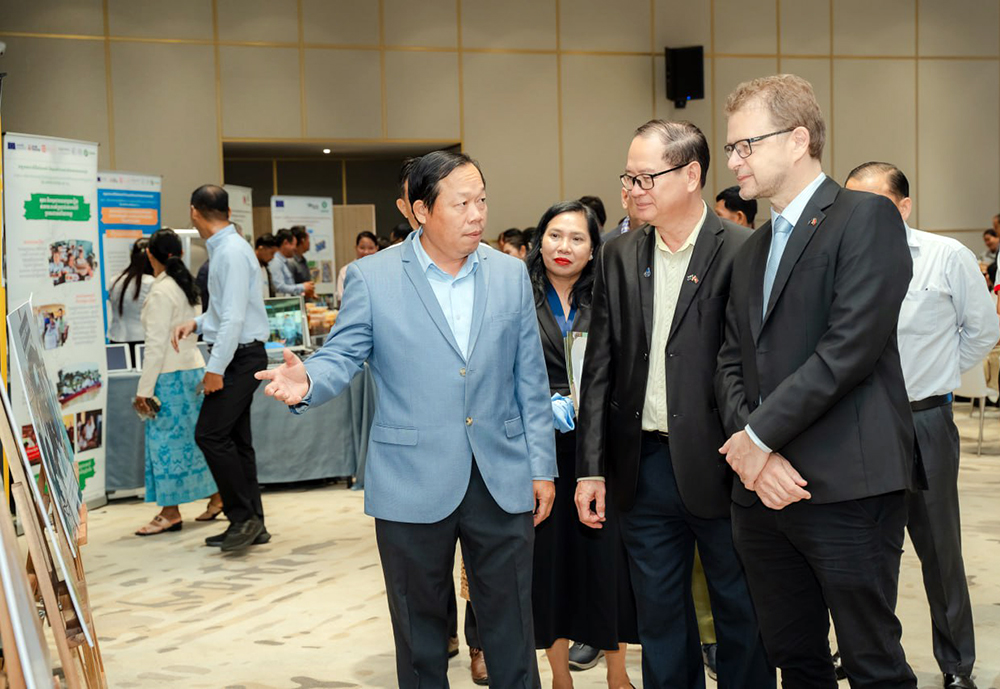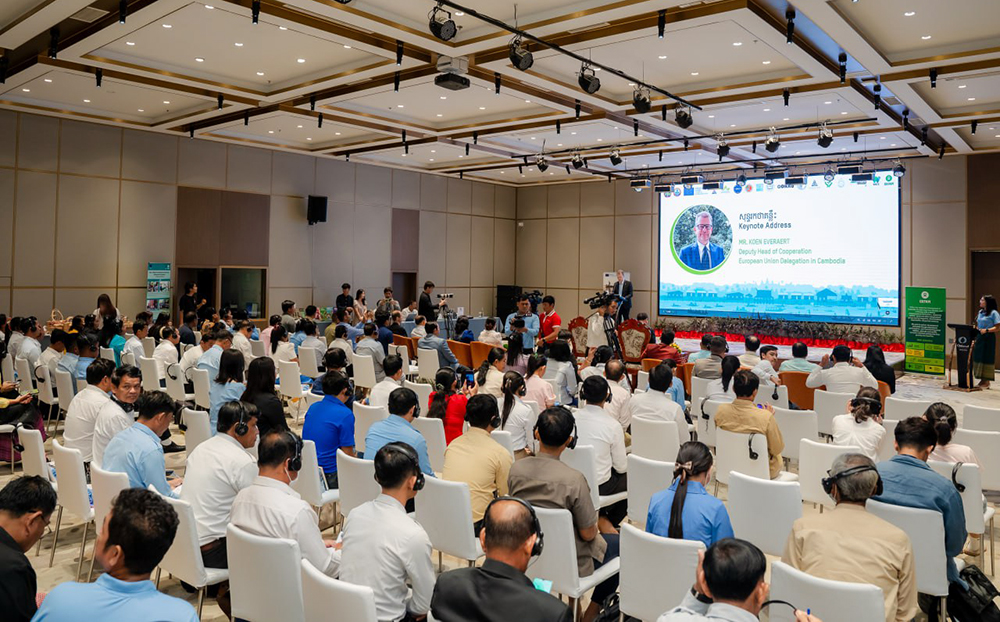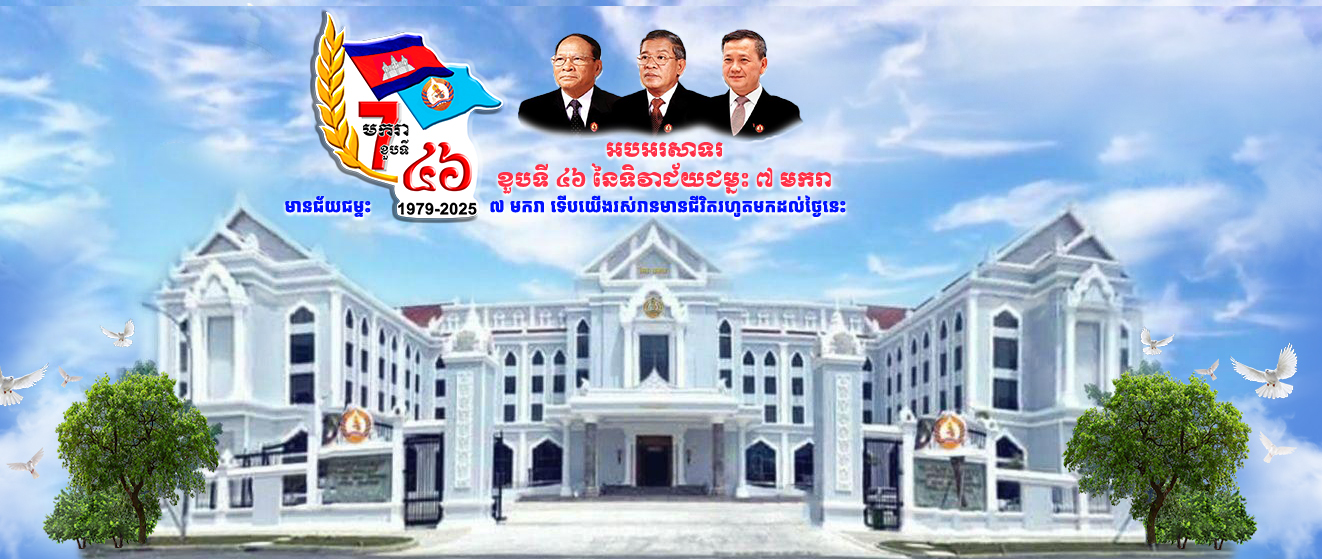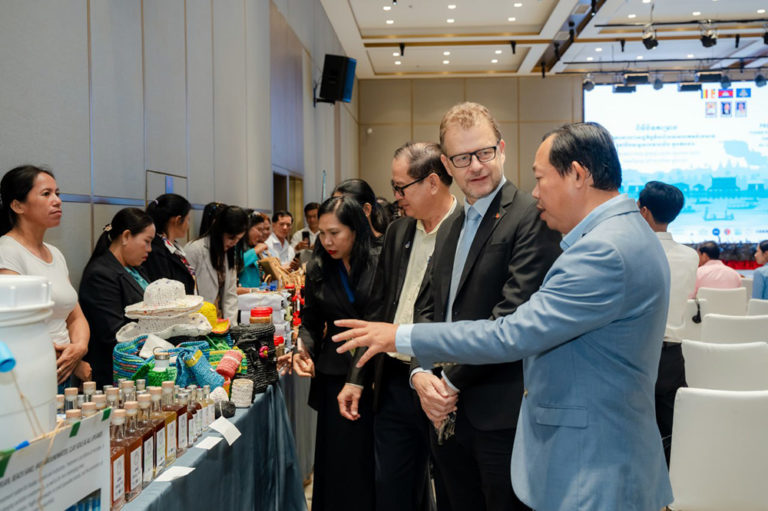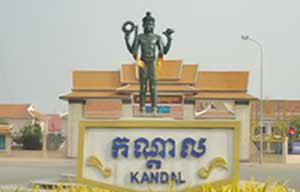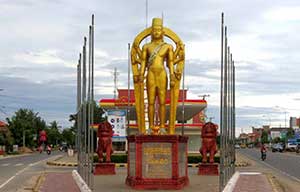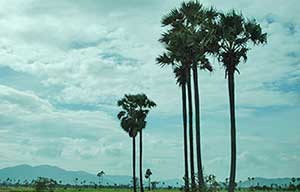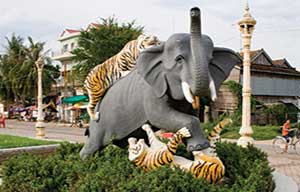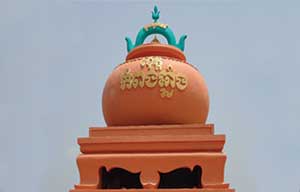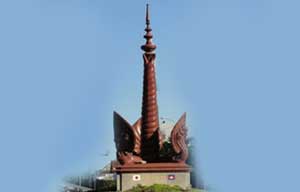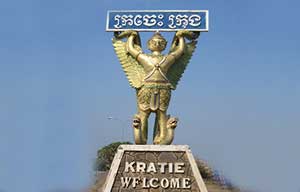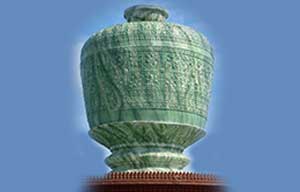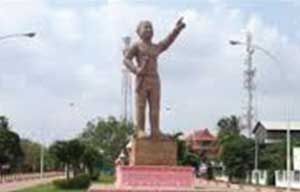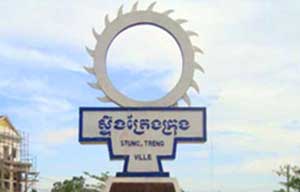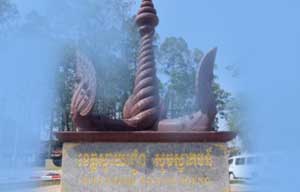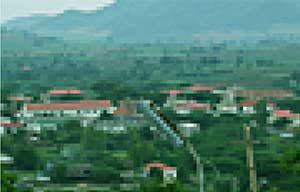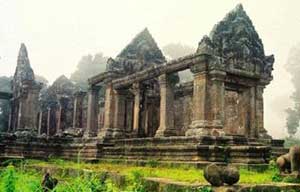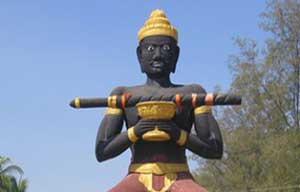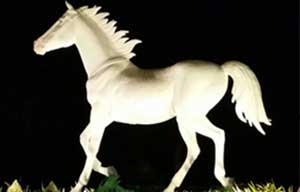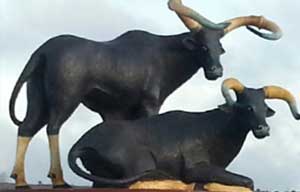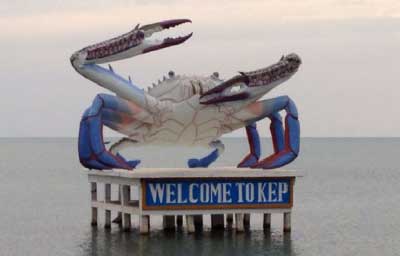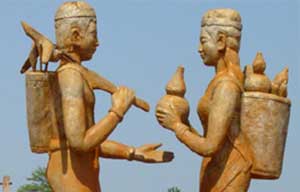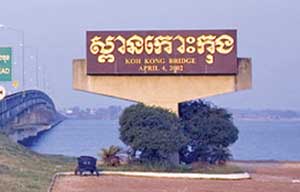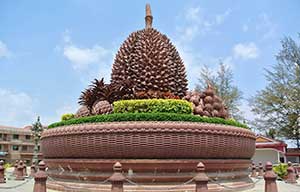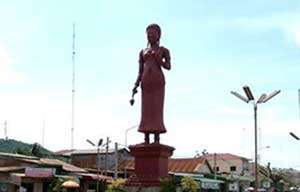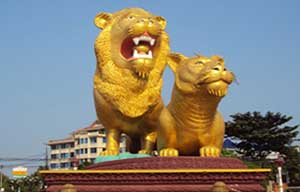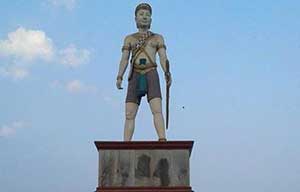After three and a half years of impactful work, the EU-funded CAPFISH/FOSTER Lot 1 project—Fisher Folks Making Circular Economy Work for the Western Tonle Sap Lake—has officially concluded, marking a transformative journey for fishing communities around the Tonle Sap Biosphere Reserve (TSBR).
The closing ceremony was held here on June 13 with participation from nearly 100 participants, including representatives from the Fisheries Administration, Ministry of Agriculture, Forestry and Fisheries (MAFF), Ministries of Rural Development and Education, Youth and Sports, the European Union, partner organisations, civil society, local authorities, and community members, celebrated a project that successfully integrated sustainable development, environmental protection, and social innovation.
Through deep community engagement and inter-ministerial collaboration, the project improved access to clean water, sanitation, education, and alternative livelihoods – 2,000 people gained access to safe drinking water, with an additional 3,200 students benefitting from free water access in schools, sanitation upgrades reached over 20,000 students, improving health and hygiene, the Eco-Brick Initiative recycled 4,000 kg of plastic waste, generating income for multiple fishing communities, and over 10,000 students received support through school meals, scholarships, and classroom facilities.
Economic initiatives included honey production, eco-tourism, off-grid energy access, and increased market access for women-led producer groups.
Mr. Srun Limsong, Deputy Director General (DDG) of the Fisheries Administration (FiA) and Deputy Director of the EU-CAPFISH-Capture Programme, MAFF, said, “EU-CAPFISH/FOSTER project is a testament to what can be achieved through strong partnerships and shared vision.”
“The Fisheries Administration is proud to work alongside with the EU and our partners to uplift communities and promote sustainable fisheries management,” he added.
Ms. Sophoan Phean, Oxfam National Director, said that through the EU-CAPFISH/FOSTER Lot1 project, we have seen the resilience and innovation of Tonle Sap fishing communities.
“By integrating circular economy models with education and sustainable practices, we have strengthened livelihoods while protecting our natural resources. We encourage continued investment in solutions that empower communities and preserve the environment,” she said.
Mr. Koen Everaert, Deputy Head of Cooperation at the EU Delegation to Cambodia, said this project reflects the EU’s commitment to sustainable development.
“By improving essential services and creating economic opportunities, EU-CAPFISH/FOSTER has laid a strong foundation for more resilient and empowered fishing communities in Cambodia. It also showcases our strong collaboration with the Government as part of our Global Gateway efforts, supporting resilient livelihoods and positioning the country for successful graduation from Least Developed Country (LDC) status,” he said.
The EU-CAPFISH/FOSTER Lot 1 project was implemented in collaboration with 13 partner organisations, including: Aide et Action, Cambodian Agriculture Cooperative Corporation, Cambodian Disabled People’s Organisation, Culture and Environment Preservation Association, Fisheries Action Coalition Team, Kampuchea Action to Promote Education, Okra Solar, Operation Enfants du Cambodge, PAVILION, Sansom Mlup Prey, Teuk Saat 1001, Wetlands Work, and Wildlife Conservation Society.
